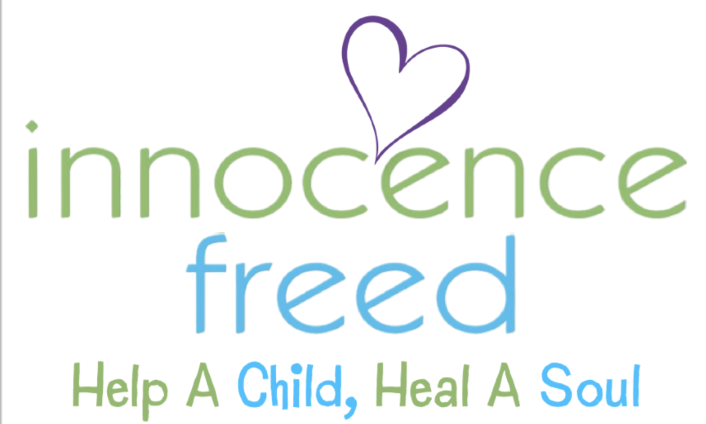
Human Trafficking – Red Flags in School
Human trafficking is a serious issue that can impact students in schools across the country. As the school year begins, educators, parents, and community members need to be aware of the potential signs of human trafficking among children and teenagers. Here are some red flags to look out for:
Red Flags of Human Trafficking in Schools
1. Frequent or Unexplained Absences
- Regular Missing Classes: A student may frequently miss classes or entire school days without valid explanations.
- Sudden Disappearance: Sudden, prolonged absences without any notification to the school or teachers.
2. Behavioral Changes
- Withdrawal: Becoming withdrawn, anxious, or exhibiting signs of depression.
- Fearfulness: Displaying a heightened sense of fear or paranoia, especially around certain people.
- Aggression: Sudden outbursts of anger or unexplained aggressive behavior.
- Submissiveness: Exhibiting submissive behavior or an inability to make eye contact.
3. Physical Signs of Abuse
- Bruises or Injuries: Unexplained bruises, burns, cuts, or other signs of physical abuse.
- Neglect: Poor hygiene, malnourishment, or lack of appropriate clothing for the weather.
4. Changes in Relationships
- Older Friends or Partners: Associating with significantly older individuals who may exert control or influence over them.
- Isolation: Separation from friends, family, or support networks, or restricted freedom to socialize.
5. Possessions and Financial Indicators
- Expensive Items: Possession of expensive clothing, accessories, electronics, or money without a clear source.
- Work and Earnings: Indications that they are working excessively or in situations that don’t seem appropriate for their age.
6. Inappropriate or Inconsistent Clothing
- Inappropriate Attire: Wearing clothes that are not suitable for the weather or the school setting, potentially indicating control by another person.
- Frequent Changes: Frequently changing appearance or style, possibly to please or conceal from someone.
7. Changes in Academic Performance
- Drop in Grades: Sudden decline in academic performance or lack of interest in school activities.
- Lack of Engagement: Not participating in class, extracurricular activities, or social events.
8. Online Activity
- Excessive Use: Spending an unusual amount of time online or on social media.
- Secretive Behavior: Being secretive about online interactions or having multiple social media accounts.
9. Avoidance of Authorities
- Fear of Police or School Officials: Reluctance or fear of engaging with law enforcement or school authorities.
- Avoidance of Questions: Evasive when asked about their activities, whereabouts, or personal life.
How Schools Can Respond
- Training and Awareness: Educate teachers, staff, and students about human trafficking, its signs, and how to respond.
- Creating a Safe Environment: Establish a safe and supportive environment where students feel comfortable reporting concerns.
- Developing Policies: Implement school policies and protocols for identifying and reporting suspected trafficking cases.
- Collaborating with Law Enforcement: Build strong relationships with local law enforcement and child protection services.
- Parent and Community Involvement: Engage parents and community members in discussions and efforts to combat trafficking.
What Parents and Guardians Can Do
- Open Dialogue: Maintain open communication with children about their lives, friends, and any concerns they might have.
- Know Their Friends: Be aware of who your children are spending time with, both in person and online.
- Monitor Online Activity: Keep track of your child’s internet usage and discuss safe online behavior.
- Be Observant: Watch for changes in behavior, appearance, and possessions that may indicate a problem.
Resources for Assistance
- In Nebraska, Nebraska Attorney General Hotline: If you suspect human trafficking in Nebraska, call
1-833-PLS-LOOK (1-833-757-5665)
-
Rescue America, 24/7 Rescue Hotline: 833.599.FREE
- National Human Trafficking Hotline: Call 1-888-373-7888 or text “HELP” to 233733 for confidential support.
- Polaris Project: Offers comprehensive resources on human trafficking (polarisproject.org).
- National Center for Missing & Exploited Children: Provides resources and reporting tools for suspected trafficking cases (missingkids.org).
- Local Law Enforcement: Contact local authorities if you suspect trafficking is occurring.
By recognizing the signs and taking proactive steps, schools and communities can play a crucial role in preventing human trafficking and protecting vulnerable children.

